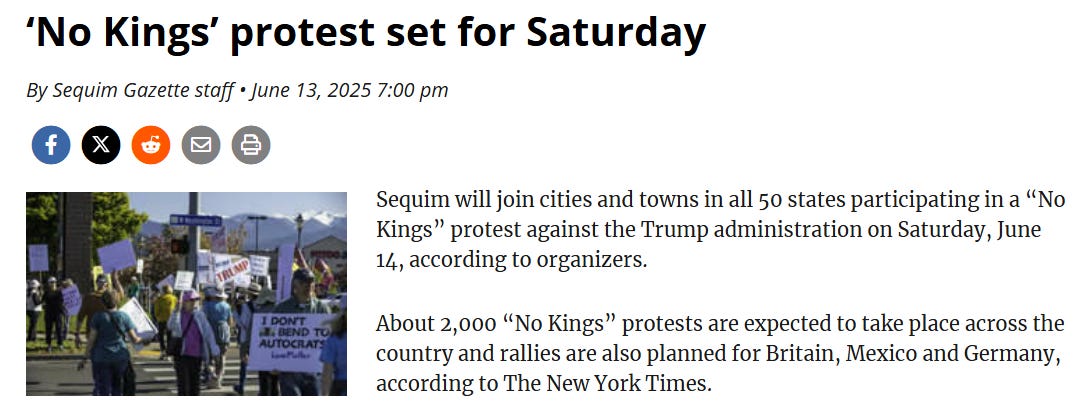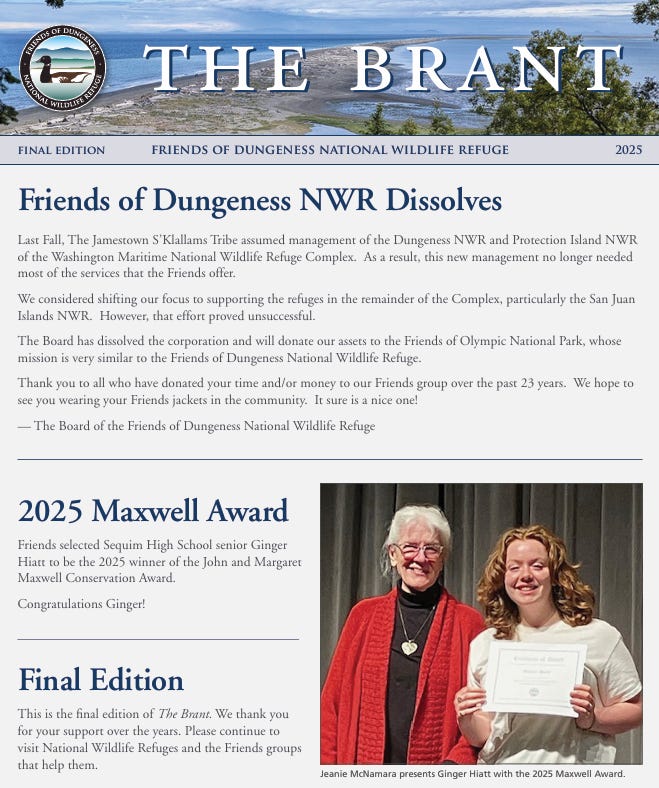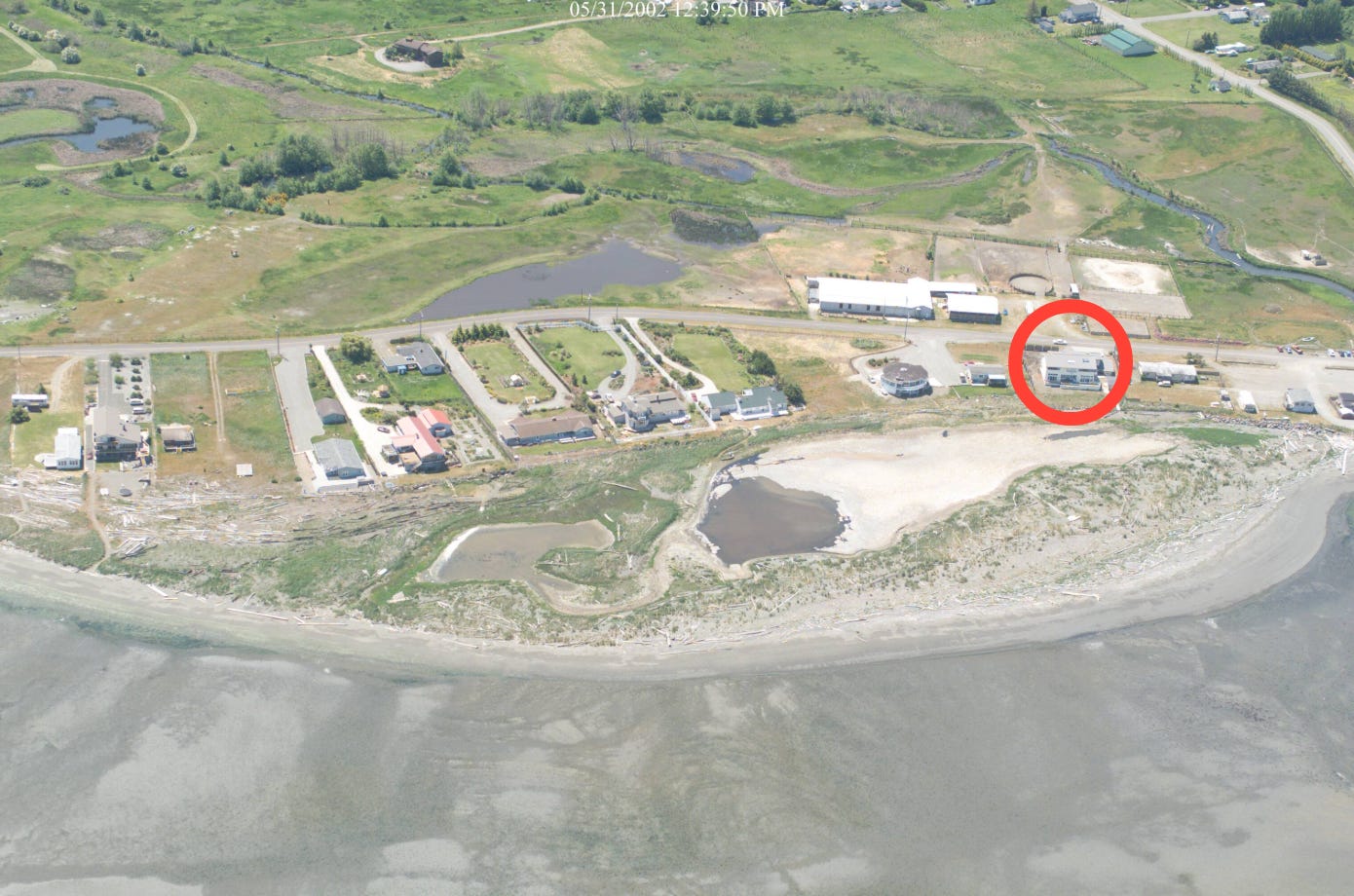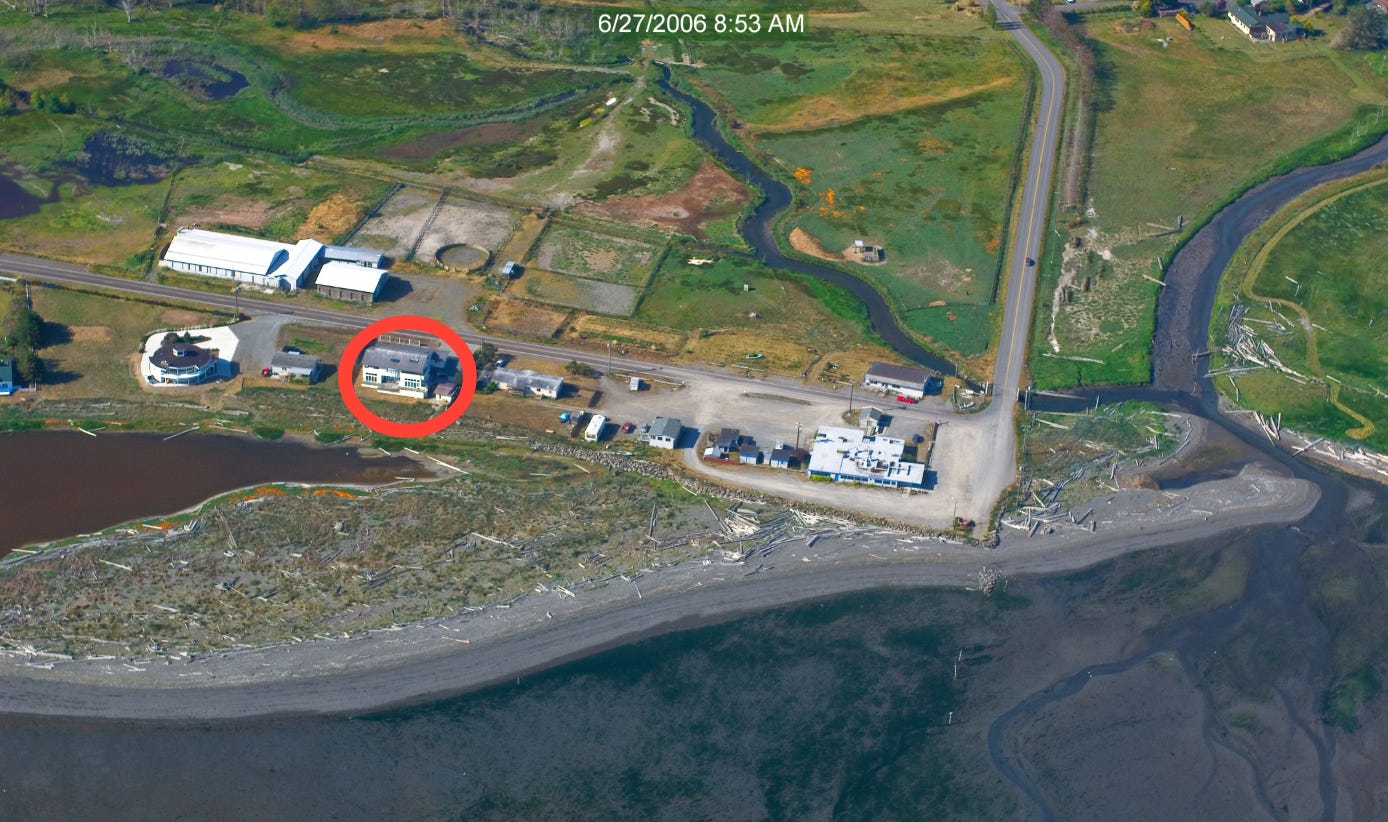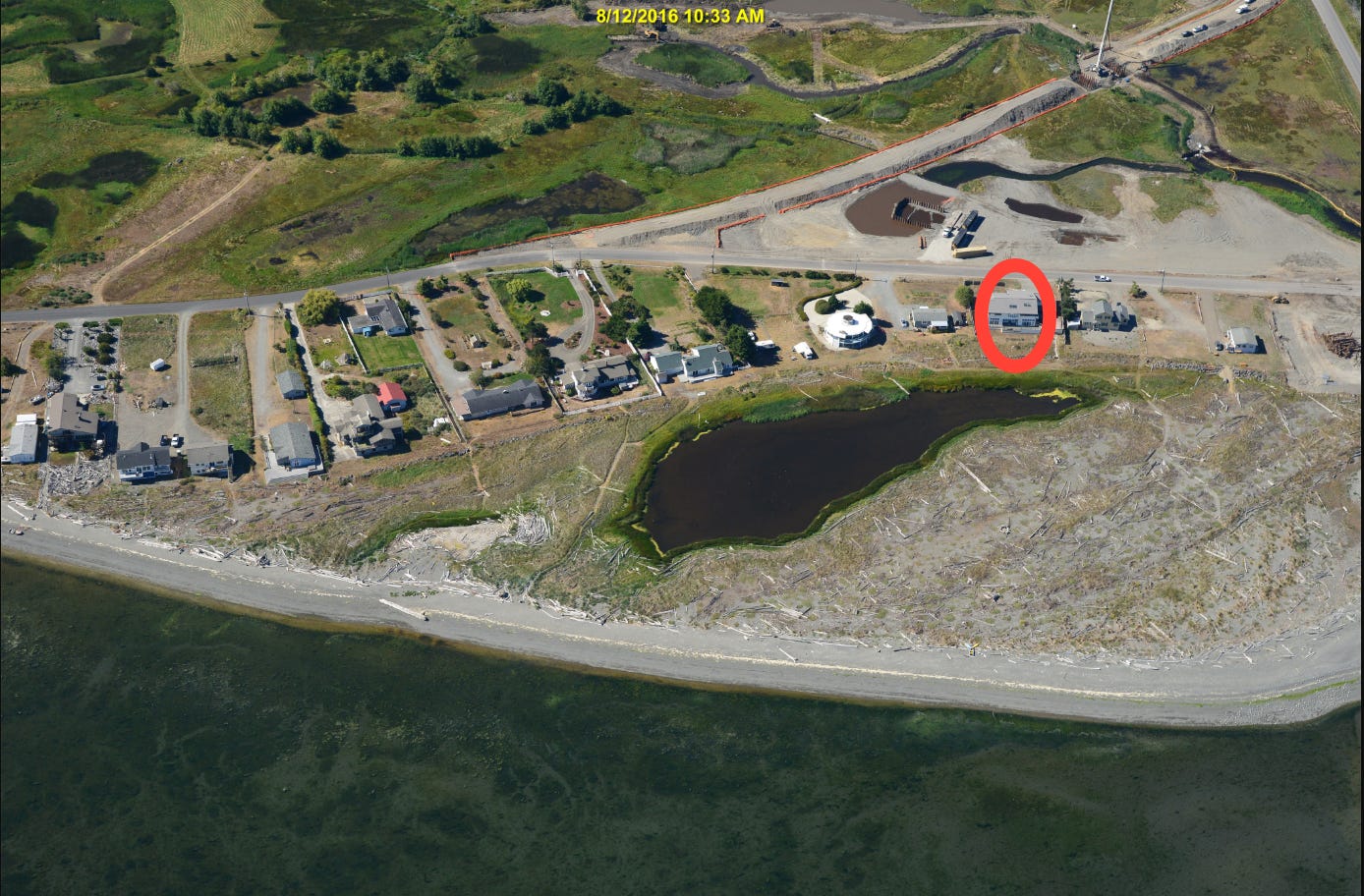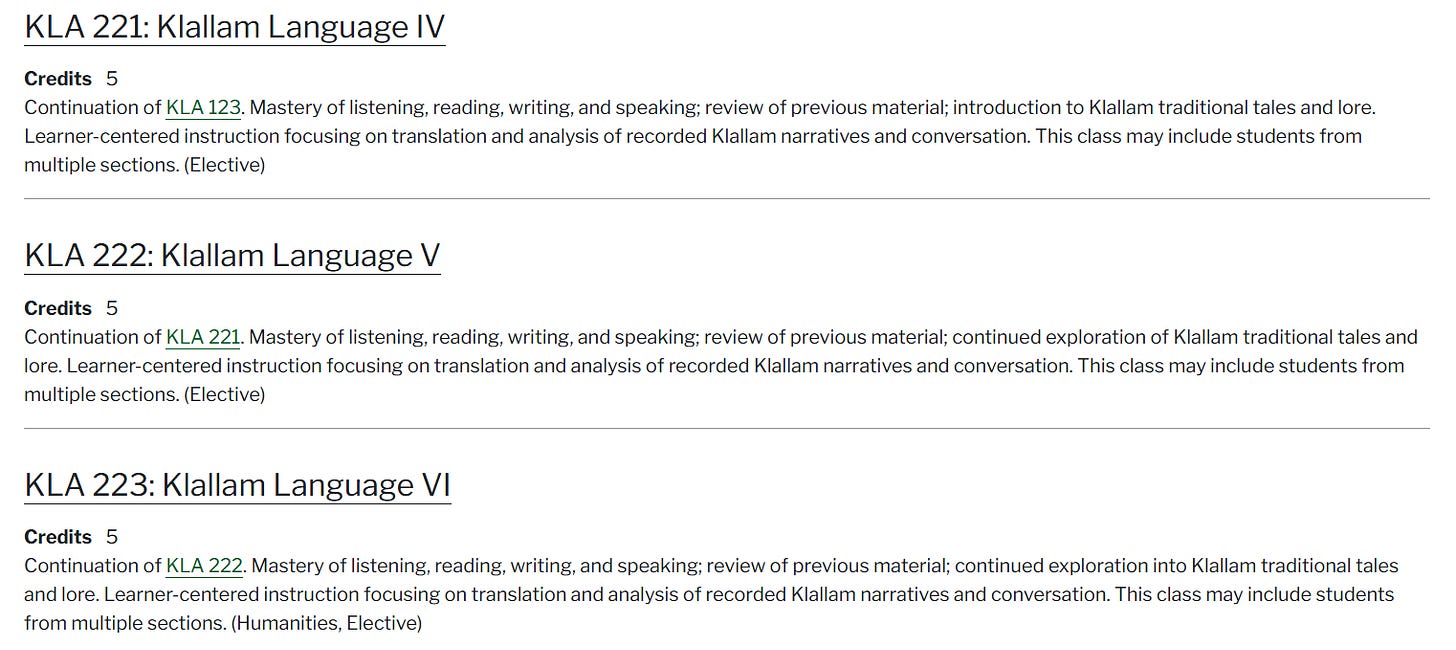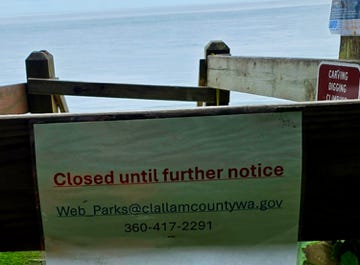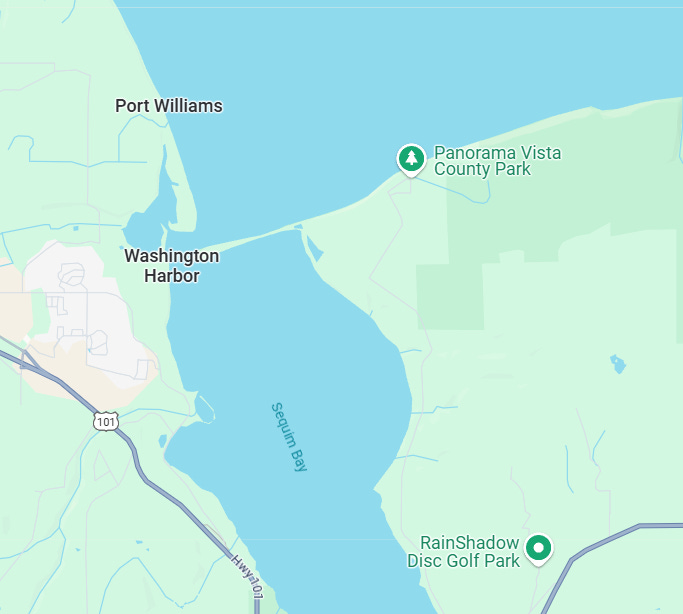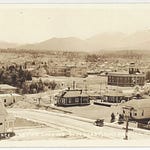The lights are dimming in Clallam County. While our neighbors to the east are investing in jobs and industry, Clallam is downsizing education, turning its back on economic prosperity, and handing over control of key public institutions to unaccountable interests. The signs are everywhere—just not where county leaders are looking. We’re losing our tax base, our young people, and now even our volunteers. And it’s all happening under the cover of noble-sounding phrases like “time immemorial.”
Million-dollar mystery: Race, merit, or both?
An interesting article about Habitat for Humanity surfaced from three years ago. The Peninsula Daily News reported in 2022, that billionaire philanthropist MacKenzie Scott donated $1 million—with no strings attached—to Habitat for Humanity of Clallam County.
Scott’s donations will be turned into homes people can afford to buy; they also will have a strong impact on Black homeownership, which Maciejewski [Habitat’s Director of East Jefferson County] noted is a priority for both Scott and Habitat.
But just last week, CC Watchdog noted that Habitat’s own Vice President, Danny Steiger, touted the organization’s blind-review process: one that removes names, race, and background before final selection.
“This blind-review process ensures that families are chosen based solely on merit and need.”
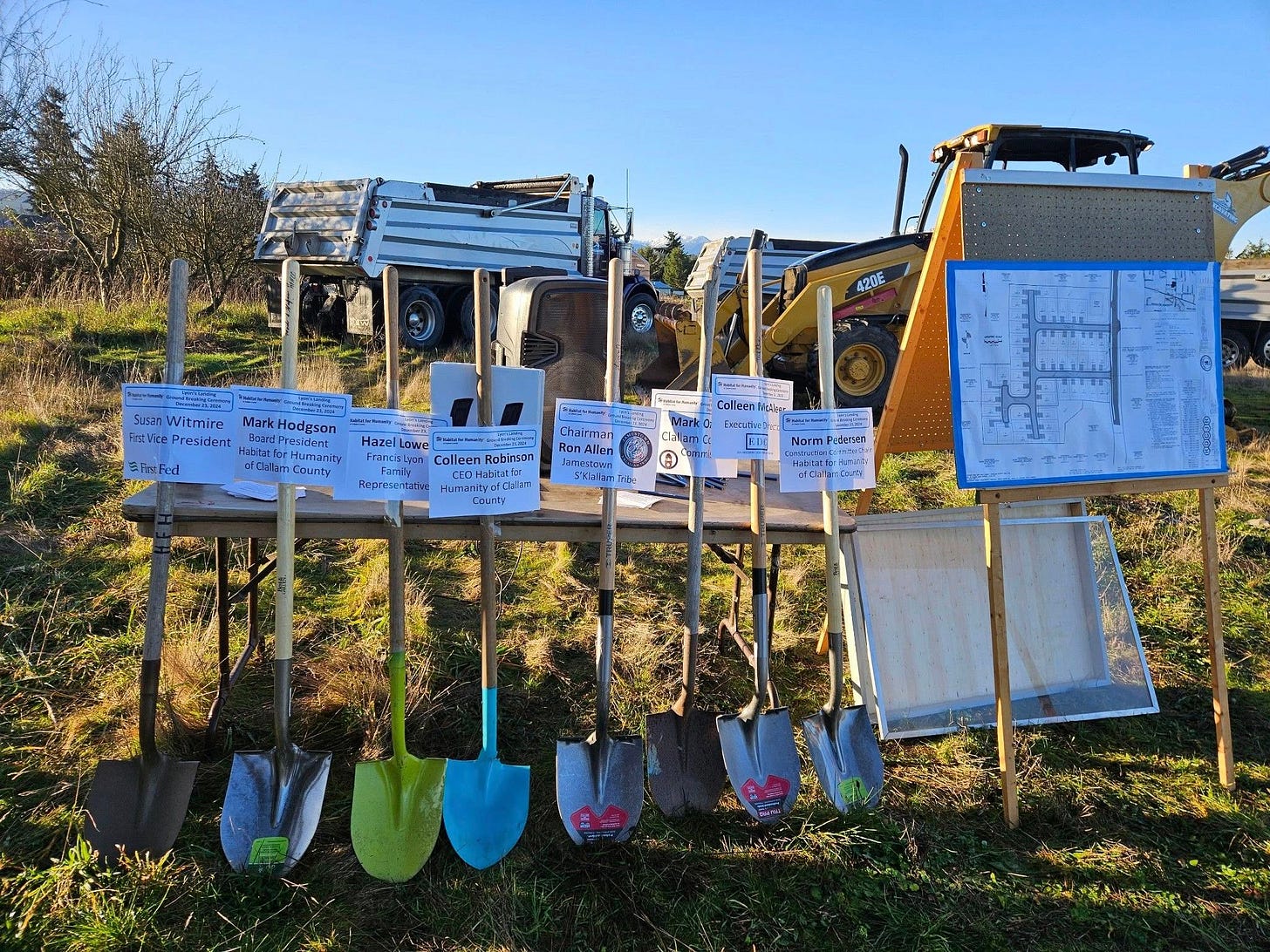
So which is it, Habitat? If decisions are blind to race, how can increasing Black homeownership be a priority in how homes are awarded? Clallam County deserves clarity.
No criticism for protesters — but where was the warning?
CC Watchdog did not criticize the Indivisible Sequim organizers for hosting a protest. The group did things by the book—filing a permit, organizing peacefully, and exercising their First Amendment rights with civility. From all accounts, the rally was peaceful and well-attended. Well done and thank you.
The real concern? The City of Sequim and the local media failed to communicate clearly with businesses and residents ahead of what was reportedly a 2,000-person demonstration.
For example, the Sequim Gazette published its first story about the event in a special online post at 7 p.m. on Friday night—less than a day before the event that had been planned since May and just five hours after a local blog broke the story. The Gazette’s regular print edition? Silent. Residents who rely on Wednesday delivery had no idea what was coming.
Port Townsend Paper Company thrives while Clallam’s economy shrinks
While Clallam County saw the McKinley paper mill shut down last year, Jefferson County just celebrated a report confirming the Port Townsend Paper Company (PTPC) is a regional economic engine.
The numbers tell the story:
Average PTPC salary: $92,600
878 jobs statewide supported by the mill
$452 million in economic output across Washington
$80+ million invested in recent years by its parent company
Compare that to Clallam, where mill closures, tax hikes, and budget cuts have become the new normal. Port Townsend didn't just save their mill—they built an economy around it. Maybe it's time Clallam started asking why ours didn’t.
The end of “The Brant”
The Friends of Dungeness National Wildlife Refuge published their final edition of "The Brant" newsletter this month. Why? Because the Jamestown S’Klallam Tribe, now effectively managing the refuge, determined their volunteer group is no longer needed.
These were the same volunteers who greeted visitors, maintained kiosks, and educated travelers—often without recognition or compensation. It's a quiet but telling moment: another civic institution dissolved, another tradition displaced.
The 3 Crabs conflict: is sea level rise real or engineered?
The Marine Resources Committee (MRC), a county advisory group with deep tribal ties, recommended relocating residents of the 3 Crabs neighborhood due to “sea level rise.” But aerial photos show the shoreline gaining land since 2002. Keep an eye on how the beach grows in front of the house marked by the red circle.
Residents blame flooding not on climate change—but on the Jamestown Tribe’s reengineering of Meadowbrook Creek behind their homes (you can see a new lagoon being constructed south of the homes in the last picture). Commissioners have been asked repeatedly to comment on the MRC recommendation. Their response? Silence.
Use the Department of Ecology’s “Shoreline Viewer” here.
Fish farms here, disaster there
Even as the Jamestown Tribe continues to push commercial net pen salmon farming in our waters, a recent NPR report shows what that could mean. In Chile, Indigenous fishermen say net pens destroyed their ecosystems and way of life.
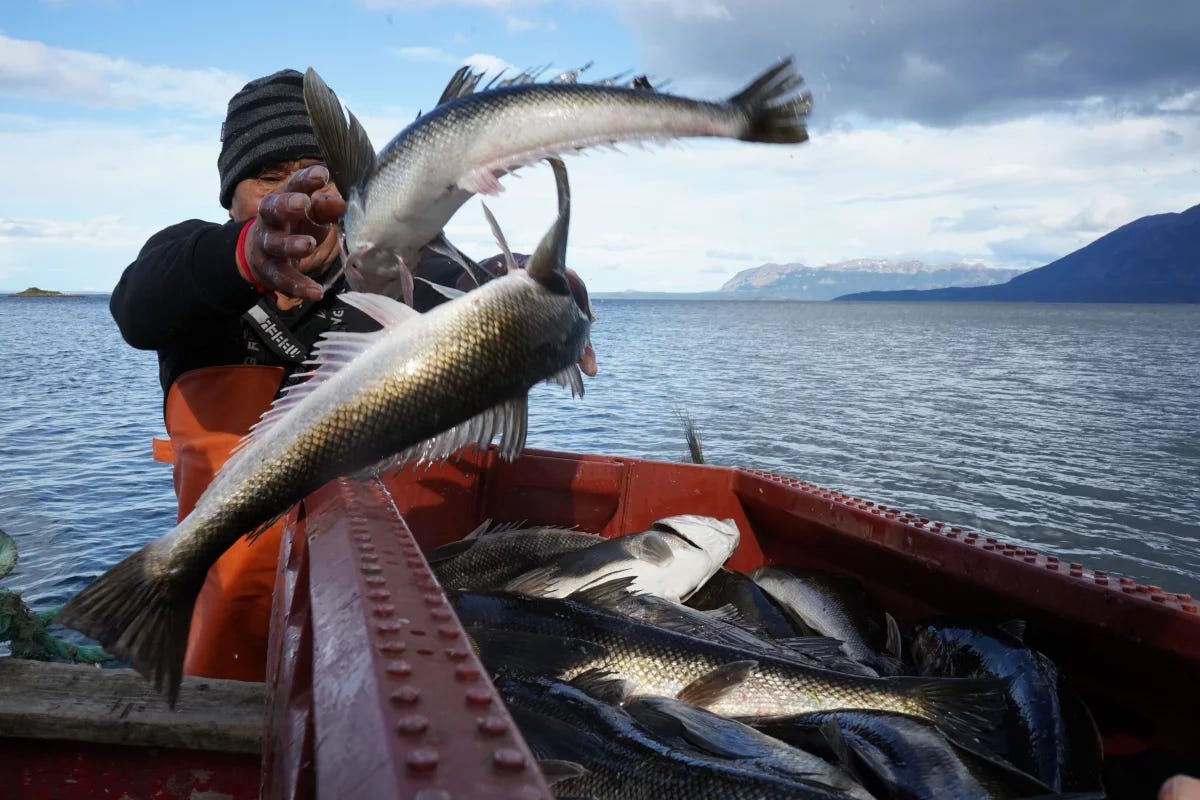
Environmentalists, tribal nations, and residents alike should ask: if it devastated one coastal Indigenous community, why are we inviting it here?
Fiscal cliff ahead? Look to Spokane—or in the mirror
Spokane County, a much larger jurisdiction than Clallam, is making headlines for the wrong reasons: overspending, bloated budgets, and looming service cuts.
Sound familiar?
If you swap “Spokane” for “Clallam,” the article on budget trouble reads like a warning letter from the future. Our spending outpaces revenue, and nobody in county leadership seems eager to apply the brakes.
Coffee with Colleen: This week’s guest—Serenity House director
Colleen McAleer of the Clallam Economic Development Council hosts a weekly Zoom forum. This week’s guest: Sharon Maggard of Serenity House, Clallam’s largest homelessness agency.
Topics:
Rise in senior homelessness
Rent assistance to 300+ landlords
Shelter stats: 152 beds, 50,000 meals, 42,000 overnight stays
44 families on the waiting list for housing
Taxpayers should tune in to see where their money is going—and whether it's working. Click here and scroll to the bottom for Zoom instructions.
Tribal trust land expansion: a legislative Trojan horse?
Representative Emily Randall and Senators Cantwell and Murray introduced legislation this week to place over 1,000 acres into trust for the Lower Elwha Klallam Tribe. The bill's sponsors say it will honor tribal sovereignty, but what it really does is place land outside local control—forever.
The press release uses familiar language, including the loaded phrase “since time immemorial,” a rhetorical device used to imply unchallengeable moral authority. Yet the document doesn’t address the core economic issue: what happens when more and more land becomes exempt from property taxes and local land-use rules? Nor does it mention that this trust acquisition is happening while Clallam County is laying off staff, and the county government teeters on a fiscal cliff.
“Now, it’s time to return over 1,000 acres of land that was taken to build the dams and allow the Lower Elwha Klallam people to reclaim ancestral lands.” — Senator Maria Cantwell
“For generations, the Lower Elwha Klallam Tribe have acted as stewards of the lands along the Elwha River—transferring this land back to Tribal ownership is not only the right thing to do, but it will support important Tribal-led habitat restoration and salmon recovery efforts, improving these precious ecosystems for everyone,” — Senator Patty Murray
“Since time immemorial the Lower Elwha Klallam and the Quinault Indian Nation have stewarded these lands and waters for today’s inhabitants, and for the benefit of the next seven generations,” — Representative Emily Randall
The proposal to take the land into trust is supported by the City of Port Angeles. Is this legislation a necessary redress—or just another backdoor to permanent political dominance?
Peninsula College cuts $2 million—but not tribal studies
Peninsula College is making painful cuts: foreign language classes, hospitality programs, research opportunities, even faculty stipends.
But here's what wasn’t cut:
6 Klallam language courses
6 Makah language courses
3 Quileute language courses
8 tribal management courses, including “sovereignty” and “tribal jurisdictions”
Peninsula’s land acknowledgment reads:
Peninsula College recognizes and honors that we are on traditional nəxʷsƛ̕áy̕əm territory.
That’s fine—but how about a little investment in all the people of Clallam County.
Panorama Vista Park: Still closed, still eroding
Panorama Vista Park, a county park at the end of East Sequim Bay Road, remains closed—at least partially. According to the county's parks director, the park itself is open, but beach access is closed until safety and environmental issues can be resolved.
The problem is straightforward. Decades ago, the land became a county park. After roughly 20 years of erosion, the parks department installed a beach-access stairway. Bluff erosion has continued ever since, requiring constant repairs.
This past winter, a powerful storm coinciding with a king tide rendered the stairway unsafe and beyond repair. It has since been boarded up.
The parks department has formed an informal “Friends of Panorama Vista County Park” group to keep nearby residents and frequent users in the loop. Updates are shared via email, and anyone can be added to the list. Check for updates here.
Next steps include:
Meeting with the Department of Community Development (DCD) to understand permitting and shoreline management constraints
Working with a surveyor to ensure any potential rebuild is within county property boundaries
The county cautions that due to environmental permitting and cost, a solution won’t come quickly. For now, expect transparency and communication—but not fast action.



